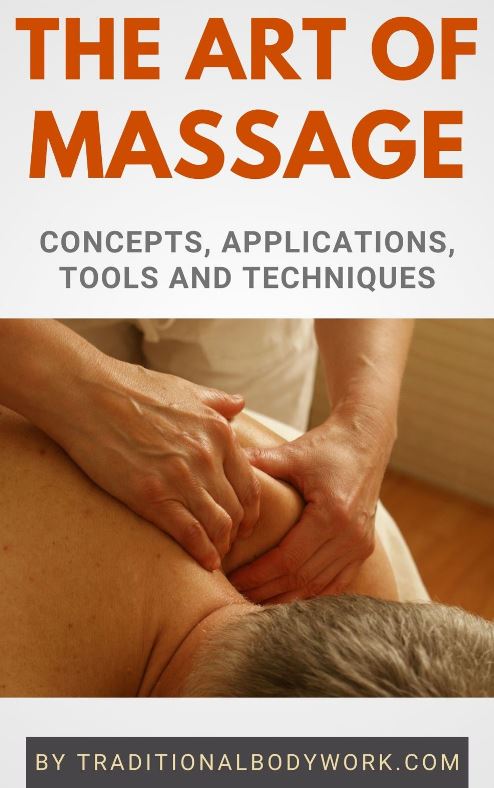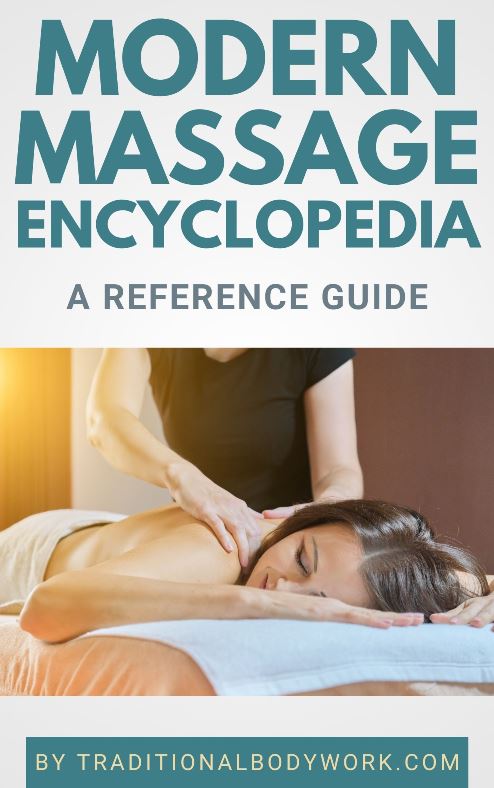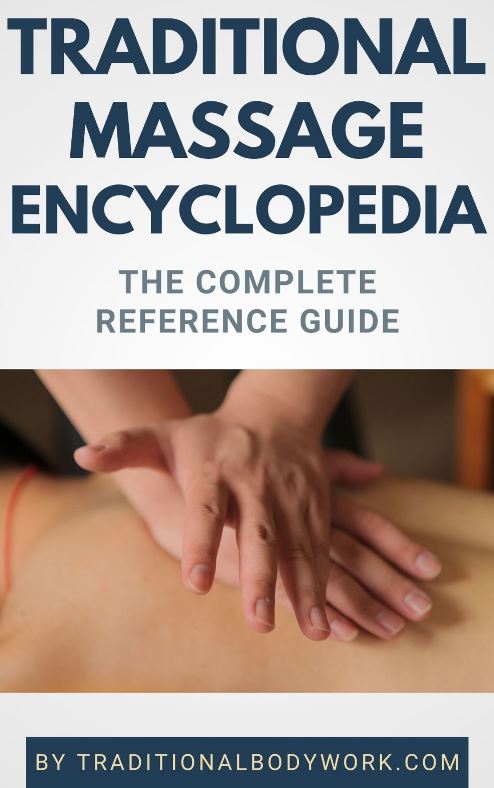
When you’ve finally become a licensed massage therapist you may ask yourself whether to start practicing on your own or for an existing company or massage therapy practice, that is, if you should work as an independent massage therapist, freelancer, or as an employee.
Of course, it would be pleasant to begin at an already existing massage or healthcare practice in order to gain more experience with practicing massage and with running a massage business before starting on your own. You could start as an employee (fixed-wage earner) or as a freelancer (flexible income, sometimes with a base salary attached to it).

The advantage of starting with an existing practice is that it has already earned itself a name and, if things are going well, there will be a steady influx of clients, and thus, opportunities for you to actually work, learn, and make money. Moreover, if it’s a reputed and famous practice it will give you some weight and leverage later if/when you’d want to start on your own.
Nevertheless, it could mean that you’ll need to adapt your style of doing massage and/or your way of working to what the massage or healthcare establishment wants for their clients. This can mean that you’ll need to (partly) re-educate yourself, and the question is if you would be happy to do so. Moreover, sometimes you may not agree with certain aspects of the style and manner the business is operated.
However, in the long run, I think you would want to work independently — your experience, style, and insights change, a certain direction is taken or you would want to take another direction, and it’s a natural development to want to work in your own way with your own style. Additionally, you can then set your own working hours, and develop a schedule that allows for flexibility and fits your personal needs.
Another aspect is the financial issue. Being an employee usually gives you a fixed salary and a kind of stability, yet working independently is perhaps more uncertain, but can supply you with much more income. In the end, it’s you who massages and does the job, so it would be natural that you would want to gain the bigger part of what clients pay.

On the other hand, an established massage practice needs to pay rent or maintenance for a building and materials, pay for advertising and marketing, has a more extensive bookkeeping job, and has already earned a certain goodwill, which you, just starting, will all still need to do. In that sense, it’s again fair that perhaps the greater part of the fees goes to the massage therapy establishment you work for.
Another way of working independently is “the nomadic way.” If and when you’ve earned yourself a reputation and if you have developed a certain specific massage style or specialty, you may be able to “sell” that to clients and/or existing healthcare establishments and offer your services on demand, here and there. Mind that this often comes with lots of traveling.
Anyway, as you see, there are pros and cons when you compare working independently (usually called self-employed) or as an employee, and I think it depends on your situation and inclination (starter or experienced, the place you live, your ability to invest in your own facility, your will and drive, having proper business-skills, etc.) what is best to do at a given moment in your life.
















